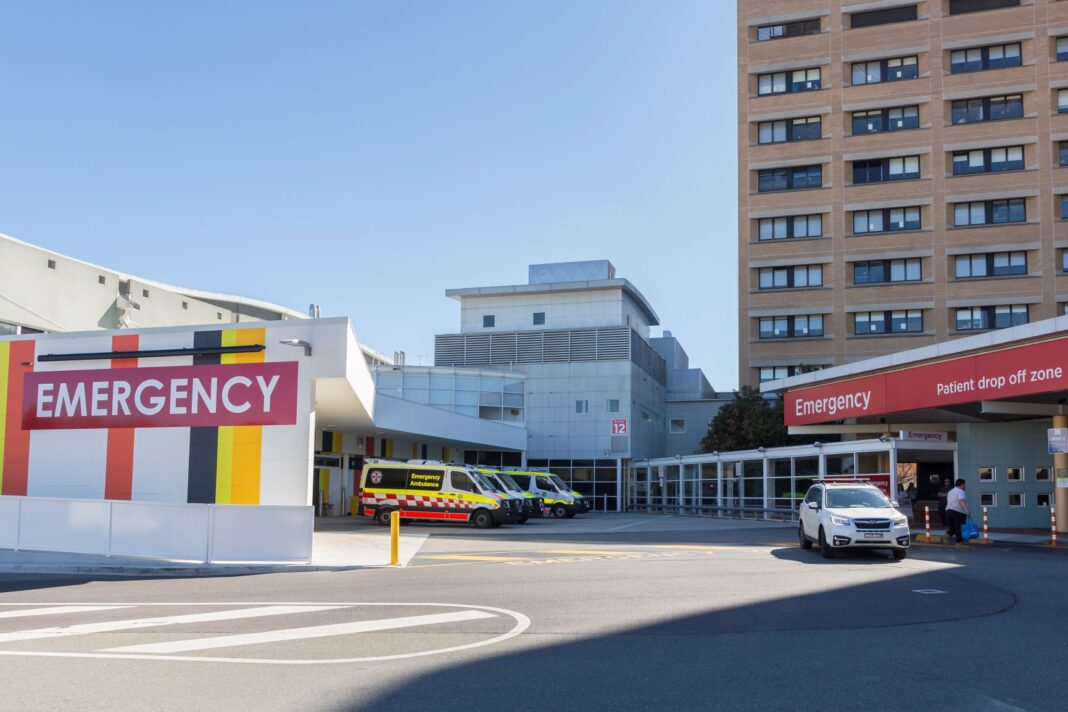Submissions are being sought on the workplace culture of public healthcare services in the ACT, including the Canberra Hospital, Calvary Hospital, Health Directorate and Canberra Health Services, as part of a review of workplace culture within ACT Health.
The Independent Review into the Workplace Culture within ACT Public Health Services was announced by Minister for Health and Wellbeing Meegan Fitzharris in September. An independent panel will lead the review, comprised of Mr Mick Reid (chair), Ms Fiona Brew and Professor David Watters AM.
Mr Reid said the panel had commenced work, and called for submissions from members of the community, current and former staff, and other interested individuals and organisations.
“Through this call for submissions, we are seeking feedback on the workplace environment and culture of public health care services in the ACT,” he said.
“We want people to share their thoughts and experiences with us on what is working well and what is not, by making a submission.
“The independent panel will be meeting face-to-face with individuals and stakeholders to further enhance our understanding, and we look forward to receiving a wide range of feedback.”
The Review will protect the confidentiality and privacy of individuals who make submissions and those who may be the subject of complaints to ensure procedural fairness, whilst ensuring appropriate actions are taken under relevant legislation.
“The protection of people’s confidentiality and privacy is of the utmost importance to the Review panel,” Mr Reid said.
Submissions are open until 30 November 2018.
To make a submission, visit health.act.gov.au/CultureReviewSubmissions
Drought linked to gastro
Canberra based ANU population health scientist Dr Aparna Lal’s latest study has shown risk that the current drought affecting parts of Australia could lead to a spike in gastro cases around the country.
Her work found that reported cases of the gastro bug, cryptosporidiosis, rose significantly in parts of Queensland and the ACT along the Murray Darling Basin during the Millennium drought that ended in 2009.
Lead researcher on the study, Dr Lal said the estimated the risk of cryptosporidiosis dropped 84% in the ACT and 57% in Queensland once the Millennium drought ended.
Dr Lal said droughts reduced river volume and flow, thereby potentially increasing the concentration of pathogens such as those that cause gastro.
“As these gastro bugs can also be spread from livestock, land-use change may also contribute to this pattern, due in part to access around waterways,” she said.
The study, published in the Journal of Water and Health, found 385 cases of gastro were reported in the ACT and 527 in Queensland, out of 2,048 cases in the Murray Darling Drainage Basin, from 2001 until 2012.
Cryptosporidiosis is one of the most common water-related parasitic diseases in the world, and Dr Lal said Australia reports the second highest rate of the illness in humans among many developed countries.
“Gastro is a really preventable problem, so we shouldn’t be having these very high rates of cryptosporidiosis in Australia.
“It’s a big problem and we need policymakers in climate change, water and health to work together to address it.”
For more:



